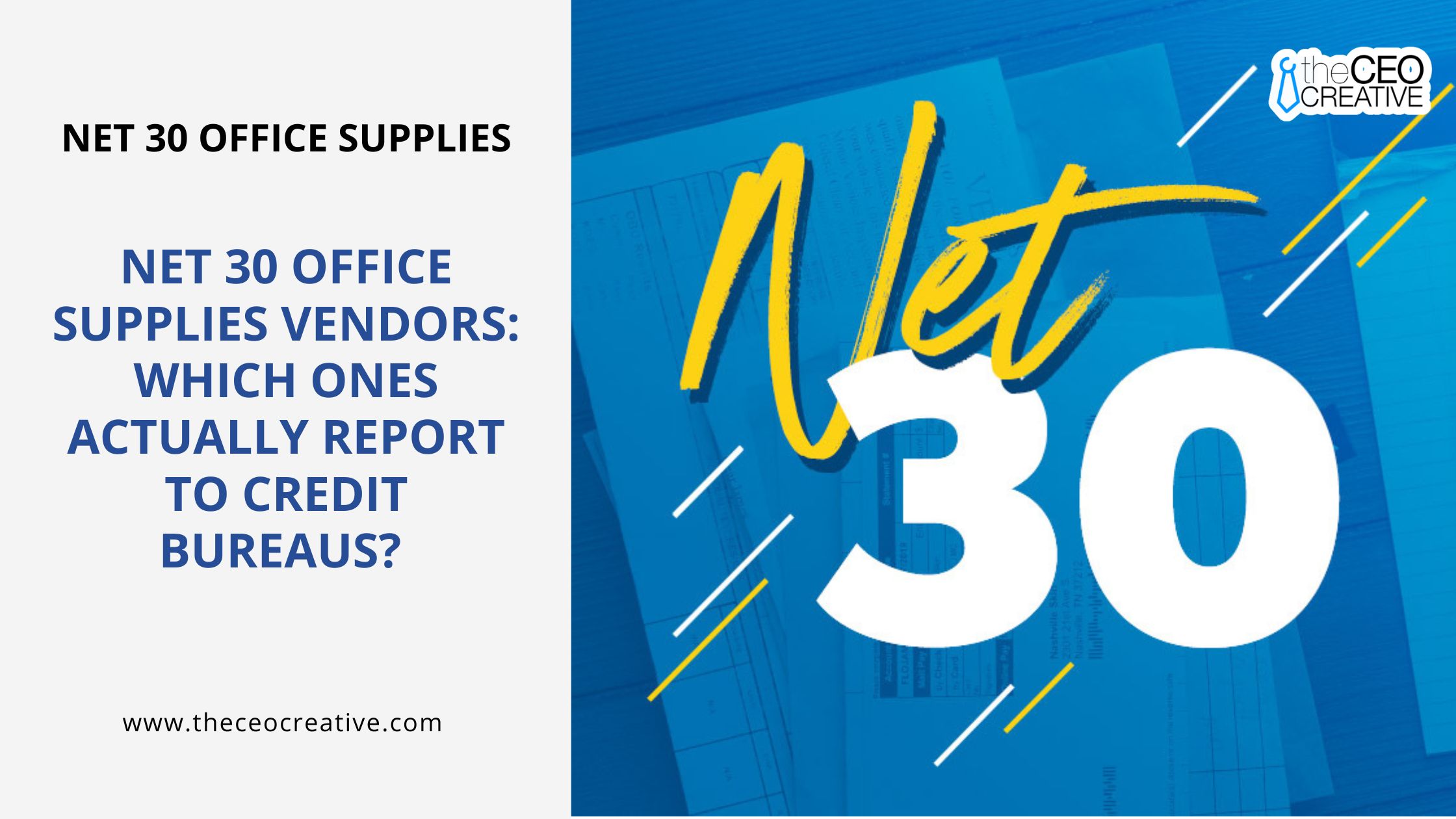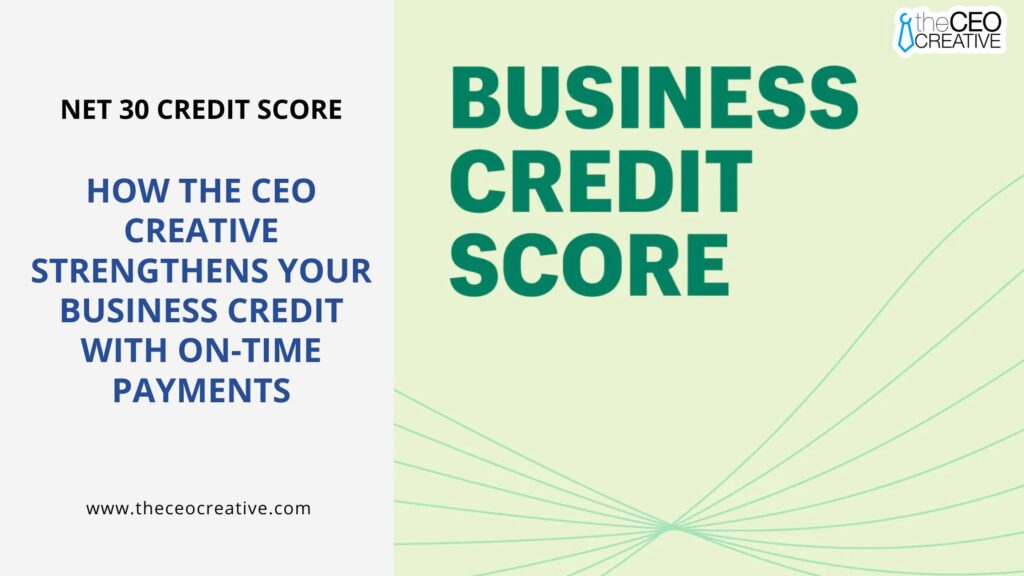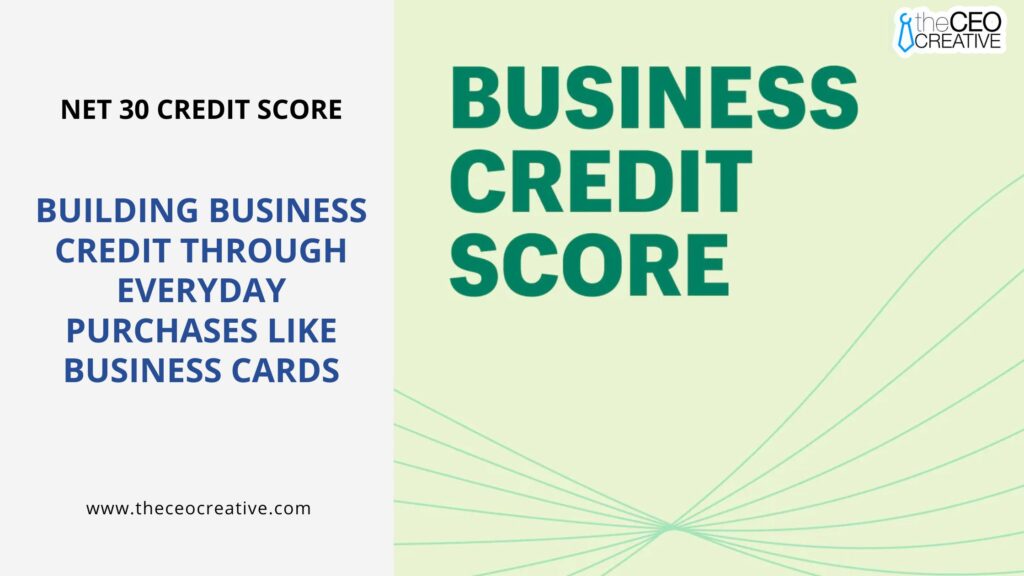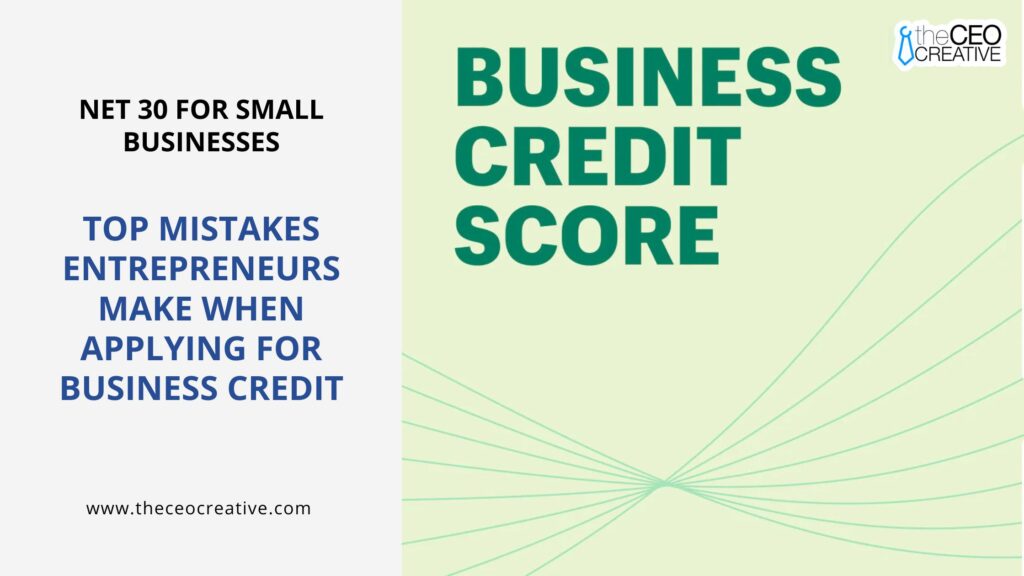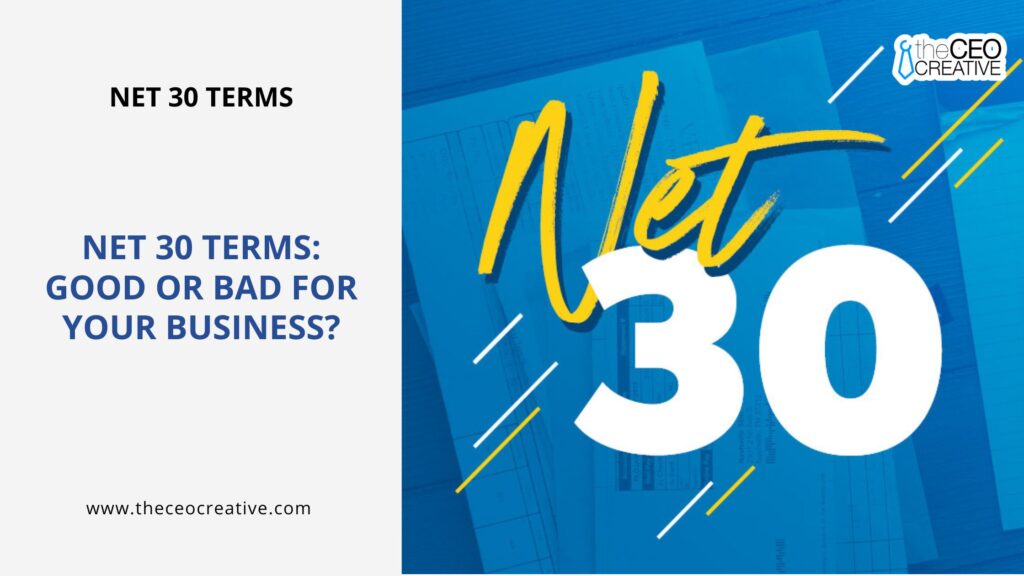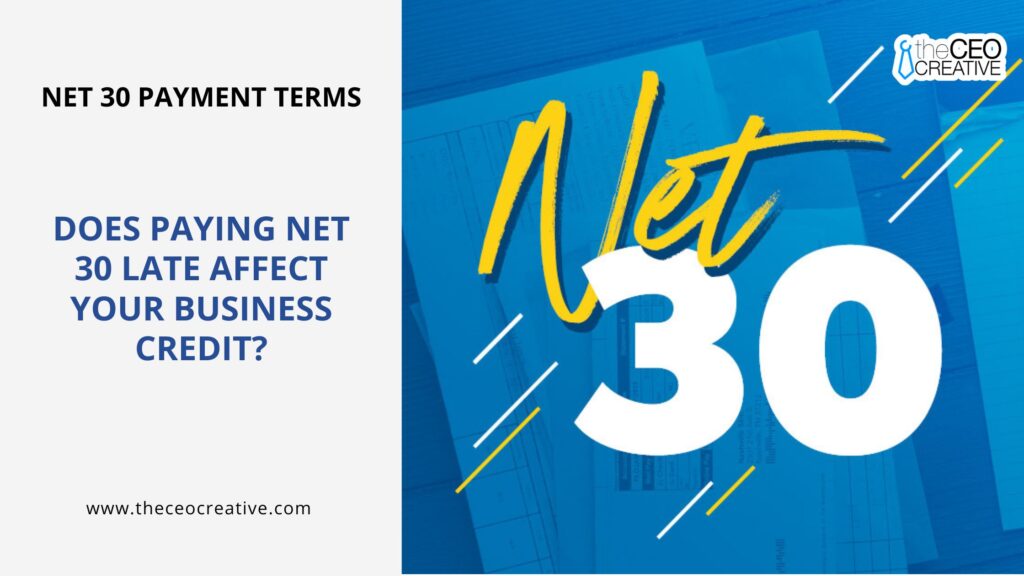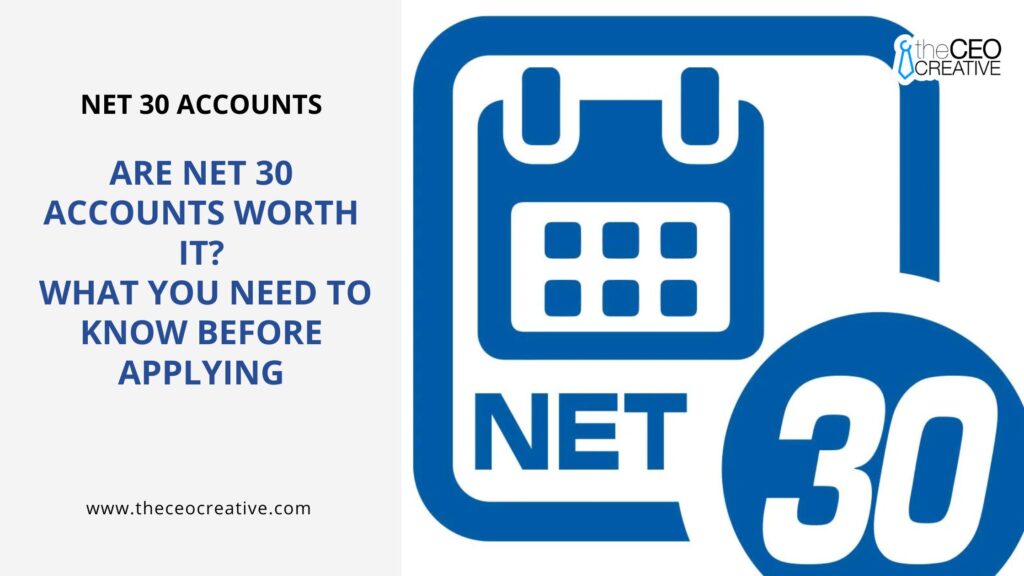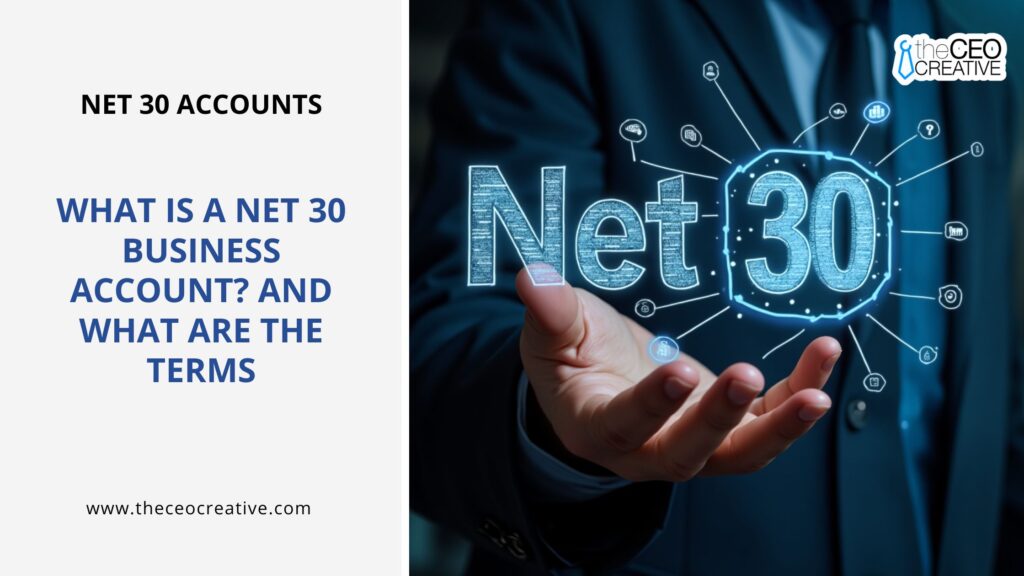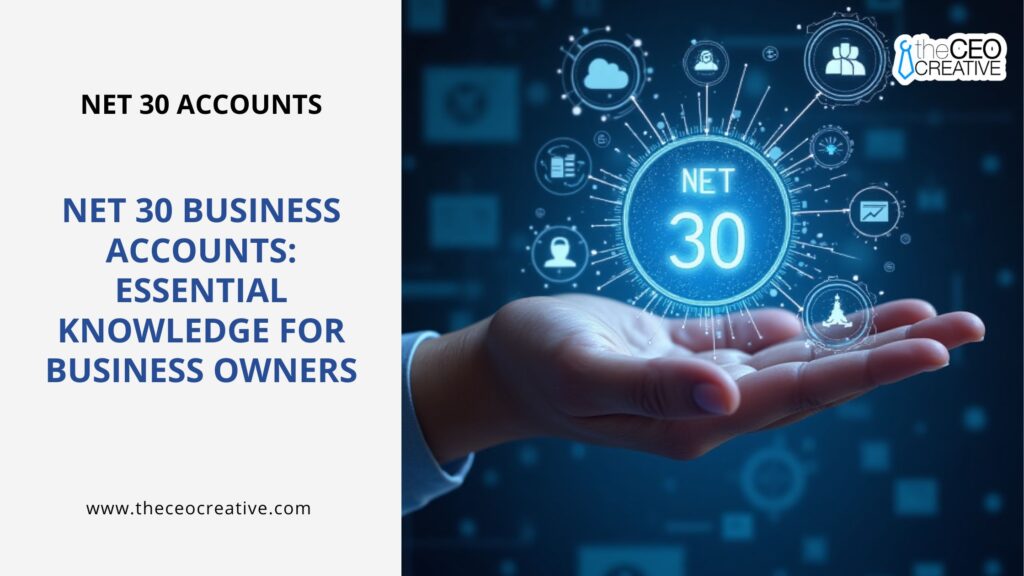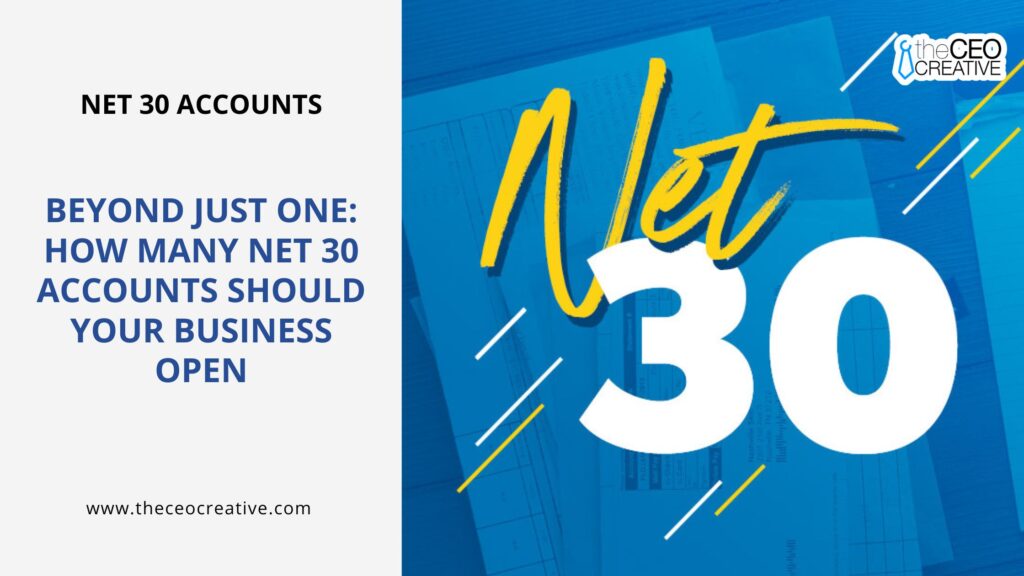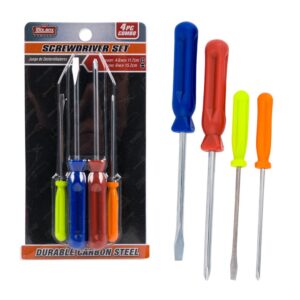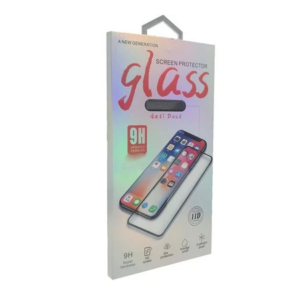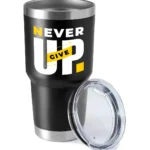How Net 30 Vendors Affect Business Credit
Net 30 vendors are really important for helping businesses start building their credit. When you sign up for a Net 30 deal, it means you get 30 days to pay the whole bill. Lots of suppliers offer this, especially for things like office supplies, giving companies a great chance to show they can handle their finances responsibly.
How Net 30 Payments Impact Credit
Making your Net 30 payments on time every time can really help boost your business credit score. When vendors report these payments to credit agencies, those on-time payments turn into positive entries on your credit report. Having a better credit score can make it easier to get better financing deals and more favorable terms with other suppliers later on.
Why Are Office Supplies Ideal for Net 30?
Buying office supplies is often a small but regular task, which makes paying for them later, like with Net 30 terms, a really smart idea. Businesses always need things like paper, pens, and ink for printers, so they end up making these purchases over and over. This steady pattern doesn’t just help a business build up its credit score over time; it also helps build a good, trusting relationship with suppliers, especially if those suppliers report these regular payments to credit agencies.
5 Net 30 Office Supply Vendors That REPORT [2025 Edition]
Want to really give your business a boost? Building up strong business credit is a huge part of making that happen. A smart way to tackle this is by working with Net 30 office supply companies that report your payments to the credit bureaus. It’s a win-win: you keep your office running smoothly, and you help improve your credit score at the same time. We’ve put together a list of the top 5 companies to consider for 2025:
1. Uline
Uline is a go-to for lots of small businesses. They’ve got just about everything you could need for your office or warehouse. People really appreciate their super fast shipping, and it’s great they also report to the credit bureaus. Just make sure you have a proper business set up, like an LLC, to get started!
2. The CEO Creative
Whether you need basic office supplies or tougher industrial stuff, The CEO Creative has a wide selection to choose from. Their catalog is huge, and getting a Net 30 account with them is pretty straightforward, which makes them popular with small business owners. And they make sure to report your activity to the commercial credit bureaus, helping your credit profile grow as you make purchases.
3. Quill
Looking for an office supply provider that feels like they really understand your needs? Think of Quill like your personal office supply assistant! They carry everything from simple paper clips to comfortable office chairs. What’s really key is that they report your Net 30 account activity to the main business credit bureaus, so you can easily build up your credit score while picking up all the essential supplies you need.
Net 30 Vendors That DON’T Report (But Are Still Useful)
You know, not every Net 30 vendor will actually help build your credit score by reporting to credit bureaus. But hey, these vendors can still be absolutely vital for keeping your business running smoothly! They keep your office supplied with everything you need, often with really friendly payment terms.
Here are a few solid Net 30 vendors that might not report to the credit agencies, but are definitely worth considering:
– Costco Business: Let’s face it, who doesn’t love a trip to Costco? Their business services are just as great. Even though they don’t report to credit bureaus, they do offer nice Net 30 terms. And those bulk supplies can really save you some serious money, especially during busy seasons.
– Amazon Business: With Amazon offering pretty much anything you could imagine, Amazon Business is a no-brainer for convenience and selection. While they aren’t boosting your credit report, the sheer ease of use and huge variety can make managing a small business feel a whole lot simpler.
– Seton: If you need safety equipment or labeling supplies to keep things running safely and securely, Seton is your go-to. They won’t help you build credit history, but their quality products and customer support make them a reliable choice you’ll come back to again and again.
Even though these vendors won’t give you those credit score boosts, they are champs at providing consistent, reliable service. The smartest approach is usually to mix and match – use some vendors that report and some that don’t. This way, you keep your day-to-day operations humming while also working on that credit score. Think of it as gathering both the practical tools and the trustworthiness needed to build the business you really want!
How to Apply for Net 30 Accounts (Step-by-Step Guide)
Building business credit through Net 30 accounts is a smart move for any entrepreneur looking to establish a strong credit profile for their business. Here’s a straightforward guide to getting started:
01. Start with Easy-Approval Vendors (Quill, Summa)
When you’re just starting out and trying to build business credit, it’s smart to team up with vendors known for being pretty easy to work with. Places like Quill and Summa are great options to consider. They really focus on small businesses and have all the basic office supplies you might need. The best part? They’re often willing to say yes to businesses that don’t have much (or any) credit history yet, which can really help you get your foot in the door with vendor credit.
Once you’re approved, it’s as easy as picking out the supplies your business needs and making purchases that fit comfortably within your budget. Just keep in mind that these early relationships aren’t just about getting the supplies you need; they’re also a smart way to start building up your business credit score.
02. Use a Business EIN (Never a Personal SSN)
When you’re applying for Net 30 accounts, it’s really important to use your Business Employer Identification Number (EIN) instead of your own Social Security Number (SSN). Think of an EIN as a Social Security Number for your business. It’s key to keeping your personal finances separate from your business finances.
This separation matters because it lets your business transactions be tracked all on their own. This helps you start building a credit history specifically for your company. Plus, using your EIN can even influence how lenders see your business’s creditworthiness. So, before you start applying for those Net 30 accounts, be sure your business is registered and that you have your EIN ready to go.
03. Place Small Initial Orders to Establish Payment History
When you first start using Net 30 accounts, it’s wise to begin with small, easy-to-handle purchases. Think of it like dipping your toes into cold water before jumping all in! These smaller orders help you manage your cash flow smoothly, making sure you can meet your payment deadlines without any trouble.
Making your payments on time does more than just build a good payment history with the vendor—it’s also how you begin building a positive credit report. It’s really important to establish a solid track record right from the beginning. This means ordering what you actually need, not just what you might want, and focusing more on having lots of successful transactions rather than filling up your shopping cart with lots of items.
04. Pay Early (e.g., Day 15 Instead of Day 30) to Boost Credit Faster
One effective way to give your business credit score a little boost is to pay your bills sooner than you have to. For example, if you have Net 30 terms, see if you can pay by Day 15. Paying early really shows that you’re financially responsible and that you value your relationships with the companies you buy from.
This habit doesn’t just build trust with those vendors; it also looks good to the credit reporting agencies. And most importantly, it can help raise your business credit score more quickly. It might feel like a small thing, but being consistent with this really pays off big time when it comes to your business credit.
Conclusion: Get Our Free Verified Vendor List
Finding your way around Net 30 accounts and figuring out which vendors actually report to credit bureaus can definitely feel overwhelming, but you definitely don’t have to tackle it all by yourself. To make things smoother for you and cut down on the research you’d have to do, we’ve put together a completely free list of vendors that we’ve checked out. This list is all about helping you link up with the right suppliers, which will really give your business credit-building efforts a boost.
With the helpful tips and tools in this guide plus that solid list ready to go, you’ll be making great progress toward building a strong credit base for your business. Just remember, with a bit of patience and the right game plan, building your business credit can unlock a whole lot of financial possibilities. Good luck with your credit building!
Frequently Asked Questions (FAQs)

Q: Do Net 30 accounts affect personal credit?
A: Usually, having a Net 30 account for your business won’t affect your personal credit score. These accounts are generally set up to help establish your business’s credit history. Most suppliers report your payment record to business credit agencies, not the ones that track your personal credit. But, if you’ve signed a personal guarantee for the account, then late payments could potentially hurt your own credit score.
Q: Can I get Net 30 with a brand-new LLC?
A: Absolutely! You can definitely get Net 30 accounts for your brand-new LLC. Lots of vendors are really supportive of new businesses and they offer those payment terms to help you get started. Just make sure you have all your paperwork in place, like your EIN, business address, and contact details, to make sure your application goes through without any hiccups.
Q: What if my vendor stops reporting?
A: If your vendor stops sending in reports, it could really put a damper on your efforts to build good credit. You might miss out on the credit score boosts that come from making payments on time. It’s a good idea to check in with your vendors now and then to make sure they’re still reporting to the credit agencies. If they stop, think about adding some new vendors who are known for reporting your payment history.

